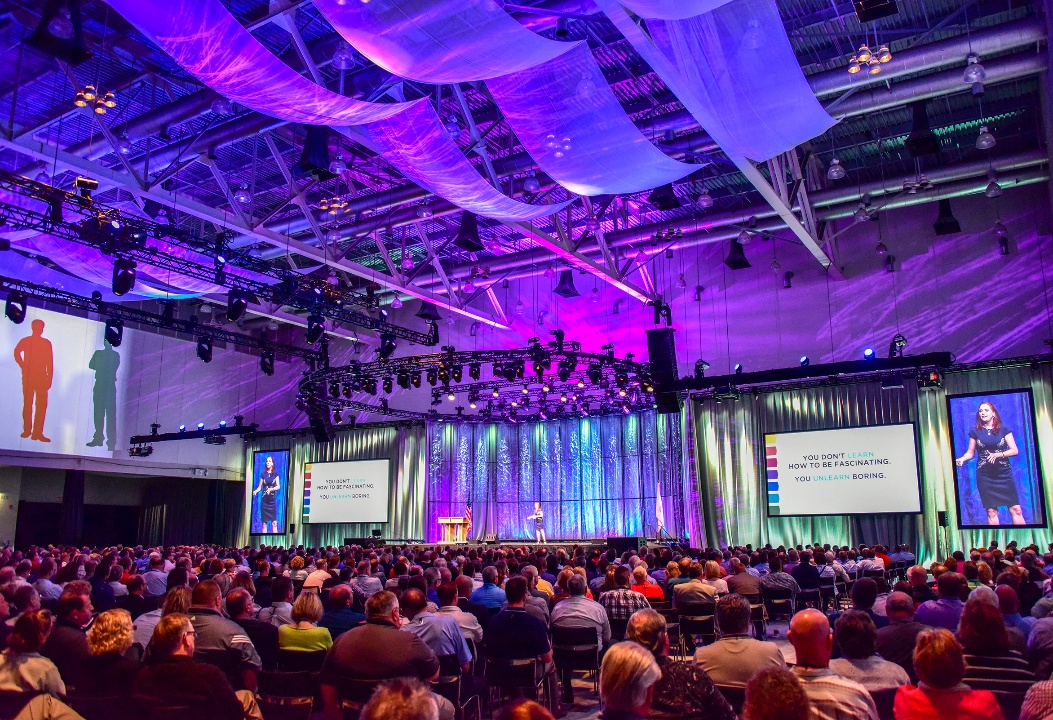Transform Your Next Collecting with Professional Event Productions Methods
Transform Your Next Collecting with Professional Event Productions Methods
Blog Article
Comprehending Just How Events Manufacturing Functions: A Comprehensive Introduction of the Process
The complexities of occasion manufacturing need a methodical strategy that incorporates numerous stages, each playing an important function in the overall success of an occasion. Comprehending the nuances of budgeting, resource allowance, and on-site management is vital for any kind of professional in this field.
First Planning and Concept Growth
Reliable first planning and concept advancement act as the structure for effective occasions manufacturing. This stage involves specifying the occasion's purpose, target audience, and desired outcomes. A clear vision is crucial; it guides all subsequent choices and helps align the group's initiatives toward a typical objective.
Throughout this stage, conceptualizing sessions can be very useful. Engaging stakeholders, including customers, sponsors, and possible guests, cultivates a joint environment that generates cutting-edge concepts. In addition, extensive marketing research need to be performed to recognize patterns, choices, and prospective challenges.
When the idea is established, it is critical to create a thorough occasion rundown. This outline should consist of the event's motif, format, and crucial activities. Developing a timeline is equally essential, as it helps to take care of due dates and tasks efficiently.
Budgeting and Source Allotment
With a strong idea in place, interest has to turn to budgeting and resource allotment, which are essential components in executing the event successfully. A well-defined budget offers as a roadmap, describing all anticipated prices and available sources - Event Productions.
Resource appropriation includes designating both human and financial sources to numerous jobs and parts of the event. Prioritization is crucial; crucial components must obtain adequate financing while much less critical facets may require a much more conventional approach. Furthermore, contingency preparation is critical-- alloting a portion of the budget for unforeseen costs can alleviate economic risks.
On top of that, reliable interaction amongst team participants concerning budget restraints promotes collaboration and advancement. This advertises the accountable use of resources and encourages innovative remedies to stay within budget plan. Inevitably, a tactical method to budgeting and resource allocation lays the foundation for a successful occasion, making it possible for planners to concentrate on providing a remarkable experience for attendees while maintaining financial stability.
Logistics and Coordination
Navigating the intricacies of logistics and sychronisation is essential for the smooth implementation of any type of occasion. This stage includes careful preparation and organization to make certain that all components work in harmony. Key components consist of venue option, transportation plans, and the organizing of different tasks.
Reliable logistics begins with a thorough analysis of the place's capabilities and constraints. This consists of understanding the format, accessibility points, and available sources. As soon as the venue is validated, transport logistics must be established, including the movement of attendees, devices, and products. Coordinating these components needs partnership with suppliers, providers, and transport solutions to make certain timely deliveries and pick-ups.
Another vital aspect is the development of a detailed timeline that lays out all logistical components leading up to the occasion. This timeline acts as a roadmap, outlining crucial landmarks and deadlines for jobs Check This Out such as tools configuration, providing services, and audiovisual installments. Regular interaction with all stakeholders is important to attend to any type of possible issues proactively.
Execution and On-Site Management
Effective implementation and on-site monitoring are critical for changing meticulous plans into fact throughout an occasion. Their ability to make real-time decisions can significantly impact the event's success.
A distinct schedule is necessary, acting as a roadmap for all activities. Event supervisors have to make sure that setup happens promptly, adhering to timelines for sound checks, providing deliveries, and visitor arrivals. Reliable analytic abilities are additionally vital; unforeseen obstacles can occur, requiring fast thinking and flexibility to preserve the event's circulation.
Furthermore, interest to guest experience is vital. Monitoring guest interactions, ensuring security protocols are adhered to, and supplying support staff to deal with concerns fosters a favorable environment. This degree of engagement not just improves the overall experience yet also reflects the expertise of the event team. Event Productions. Inevitably, successful execution and on-site management rest on comprehensive preparation, effective interaction, and a commitment to providing an extraordinary event for all included.

Post-Event Assessment and Feedback
The conclusion of any kind of event lies not just home in its implementation yet additionally in the extensive analysis that adheres to. Post-event examination is necessary for establishing the general success of the occasion and recognizing locations for improvement. This process typically involves gathering comments from numerous stakeholders, consisting of participants, suppliers, and staff member, to gain an extensive point of view on their experiences.
To structure the evaluation, occasion coordinators go to the website commonly make use of meetings and studies, focusing on key efficiency indications such as attendee complete satisfaction, logistical efficiency, and spending plan adherence. Assessing this data permits planners to evaluate whether the occasion satisfied its purposes and to recognize the staminas and weaknesses of the execution.
Furthermore, compiling a detailed record summing up the findings is critical for future reference. This documentation not just acts as a useful resource for planning subsequent occasions yet additionally cultivates a culture of constant improvement within the company. By systematically dealing with feedback and executing modifications, event professionals can enhance their approaches, inevitably resulting in more effective and impactful occasions. To conclude, post-event analysis is a vital action in the occasion manufacturing procedure that ensures recurring development and quality in future endeavors.
Conclusion

The details of event production need a systematic method that integrates numerous phases, each playing a critical function in the general success of an occasion.With a strong concept in place, focus has to turn to budgeting and resource allotment, which are vital elements in executing the occasion effectively.Resource allotment includes assigning both human and financial resources to various tasks and elements of the occasion. Inevitably, a strategic approach to budgeting and source allotment lays the foundation for a successful occasion, making it possible for coordinators to focus on supplying a remarkable experience for participants while keeping economic stability.

Report this page